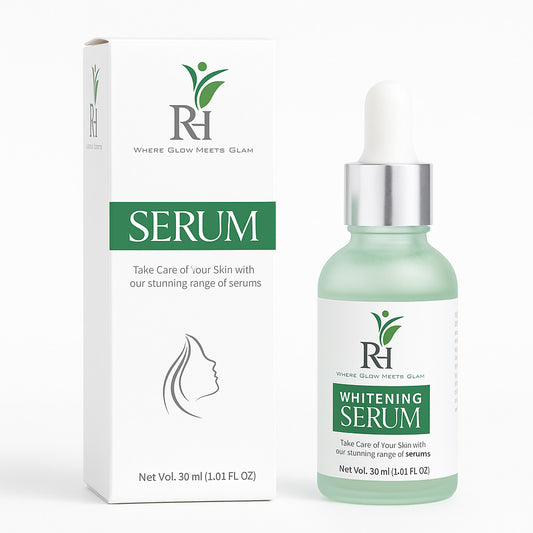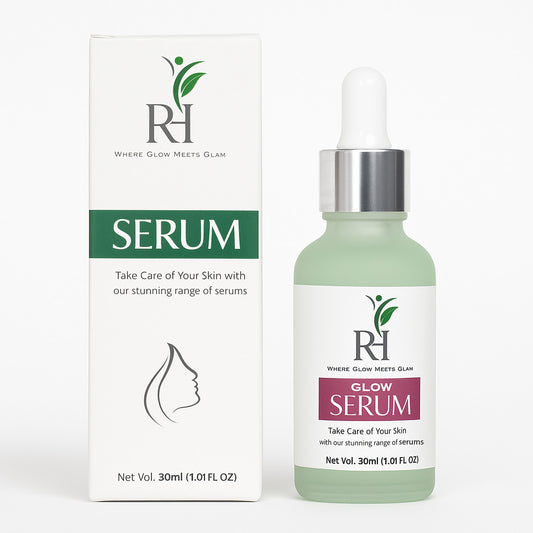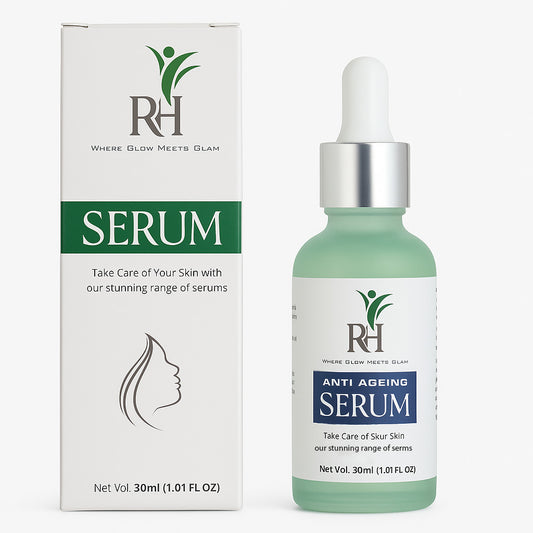
Whitening Serum
Share
Whitening serums are specialized skincare products designed to reduce hyper-pigmentation and promote an even skin tone. These formulations often contain active ingredients that target melanin production, which is responsible for skin discoloration. The effectiveness of these serums can vary based on their composition and the specific skin concerns they address.
Common ingredients found in whitening serums include hydrocortisone, kojic acid, vitamin C, and niacin-amide. Hydroquinone is a potent skin-lightening agent that can reduce dark spots and melasma. However, its use is regulated in many countries due to potential side effects, making it essential for consumers to be informed about its application. Kojic acid, derived from fungi, is another effective ingredient that inhibits melanin production and is often used as a natural alternative.
Vitamin C is known for its antioxidant properties and its ability to brighten the skin. It works by neutralizing free radicals and inhibiting melanin synthesis. Niacin-amide, or vitamin B3, is also effective in improving skin tone and texture while providing hydration and reducing inflammation.
Clinical studies have shown that the efficacy of whitening serums can be significant. For instance, a study published in the Journal of Cosmetic Dermatology indicated that participants using a serum containing vitamin C and niacin-amide experienced a 30% reduction in hyper-pigmentation after 12 weeks of consistent use. This highlights the importance of regular application and adherence to recommended usage guidelines for optimal results.
When selecting a whitening serum, it is crucial to consider skin type and sensitivity. Individuals with sensitive skin may experience irritation from potent ingredients, necessitating a patch test prior to full application. Moreover, the use of sunscreen is imperative when using whitening products, as they can increase skin sensitivity to UV rays, potentially leading to further pigmentation issues.
In conclusion, whitening serums can be an effective solution for individuals seeking to address uneven skin tone and hyper-pigmentation. Understanding the active ingredients and their mechanisms of action is essential for making informed choices. As with any skincare product, consulting with a dermatologist can provide personalized recommendations and ensure safe usage tailored to individual skin needs.












